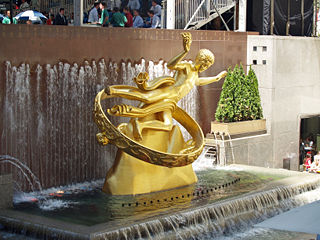

Home Page Worship Parents & Family Crimes & Punishment Benefactor of Man Modern Culture Resources Links Contact

The cloned horse Prometea, and Prometheus, a moon of Saturn, are named after this Titan, as is the asteroid 1809 Prometheus. The story of Prometheus has inspired many authors through the ages, and the Romantics saw Prometheus as a prototype of the natural daemon or genius. The name of the sixty-first element, Promethium, is derived from Prometheus. Mary Shelley's 1818 novel Frankenstein is subtitled "The Modern Prometheus". This is a reference to the novel's themes of the over-reaching of modern man into dangerous areas of knowledge. Percy Bysshe Shelley's "Prometheus Unbound" rewrites the lost play of Aeschylus so that Prometheus does not submit to Zeus (Shelley's Jupiter), but supplants him instead in a triumph of the human heart and intellect over tyrannical religion. Lord Byron's poem "Prometheus" also portrays the titan as unrepentant. For the Romantics, Prometheus was the rebel who resisted all forms of institutional tyranny epitomized by Zeus -- church, monarch, and patriarch. They drew comparisons between Prometheus and the spirit of the French Revolution, Christ, Milton's Satan, and the divinely inspired poet or artist.

created by: Jacob Sparks